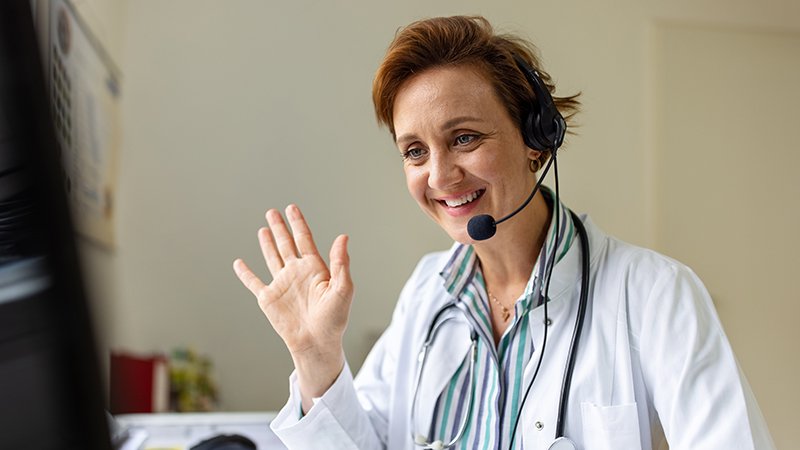Revolutionizing Dermatology: The Impact of ECHO Programs on Skin Condition Diagnosis
Introduction to ECHO in Dermatology
In 2015, the University of Missouri launched a groundbreaking dermatology initiative aimed at improving access to dermatological care in underserved communities. The Dermatology Extension for Community Health Outcomes (ECHO) project has made significant strides in providing timely and accurate diagnoses for skin conditions. This innovative program connects primary care physicians with dermatology experts through video conferencing, bridging the gap in dermatological care, especially in rural areas.
Why Accurate Diagnosis Matters
The Importance of Early Detection
“Early and accurate diagnosis of skin cancer is critical to saving lives,” highlights the significance of this initiative. Accurate skin condition diagnosis not only facilitates timely intervention but also enhances patient outcomes, particularly in areas lacking specialized dermatological services.
How the ECHO Program Works
The ECHO model utilizes a simple yet effective approach:
- Virtual Collaboration: Primary care providers present de-identified patient cases to dermatology specialists.
- Expert Guidance: Dermatologists offer insights and recommendations, enabling primary care physicians to enhance their diagnostic capabilities.
This collaborative effort has been proven effective, with primary care physicians showing improved accuracy in their assessments through participation in the ECHO program.
Statistics Behind the Findings
Data gathered from 524 de-identified patient cases reveal concerning trends:
- Less than 40% of initial diagnoses made by primary care providers were accurate.
- Approximately 33% of patients received incorrect initial diagnoses.
- Only 16% of treatment plans proposed by primary care physicians aligned with those recommended by dermatology experts.
Benefits of the ECHO Model
Enhanced Access to Dermatology
Dr. Karen Edison, a leader in the Missouri Telehealth Network, underscores the necessity of innovative solutions in dermatology, stating, "Dermatology ECHO provides expert care at the right time and place for more patients.” By expanding access to life-saving treatments in underserved regions, the ECHO model encourages improved health outcomes across the board.
Potential for Global Implementation
The success of the initial Dermatology ECHO at the University of Missouri has paved the way for implementation in seven countries worldwide, illustrating the global potential of this model.
Conclusion: The Future of Dermatological Care
The research published in the Journal of Telemedicine and Telecare emphasizes the critical need for dermatology professionals to adapt in order to provide expert care to those who need it most. Harnessing the power of technology through innovative strategies like the ECHO program can bridge the gap in dermatological care, ensuring timely and accurate treatment for skin conditions across diverse communities.
Embracing Innovation in Medical Practice
With the ongoing challenges in accessing dermatological care, it is vital for healthcare professionals to utilize collaborative models such as ECHO and tele-dermatology. By embracing these innovative approaches, the medical community can continue to improve patient outcomes and expand access to necessary treatments.
For more about innovative healthcare solutions, explore resources on telemedicine and community health programs.


